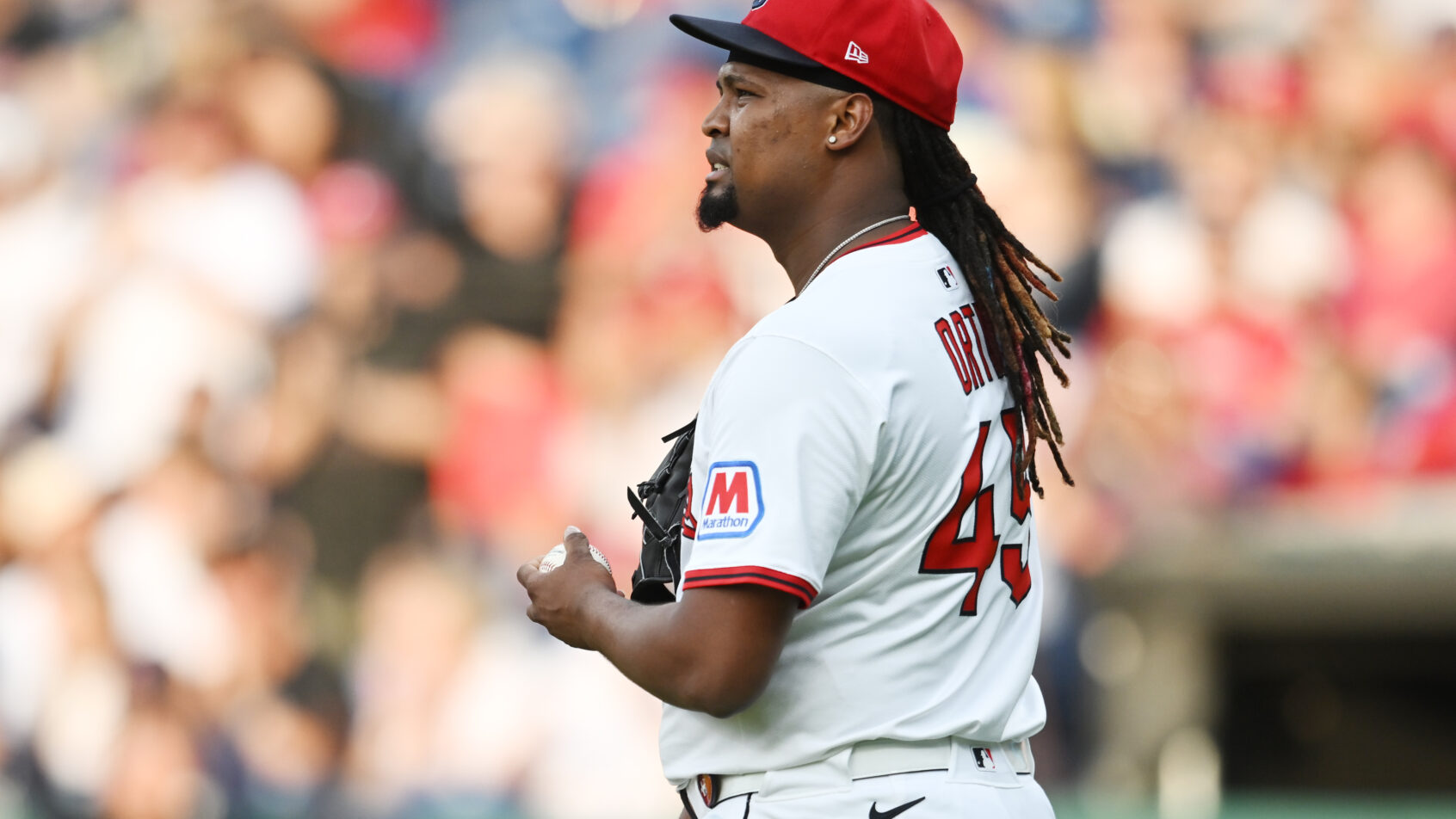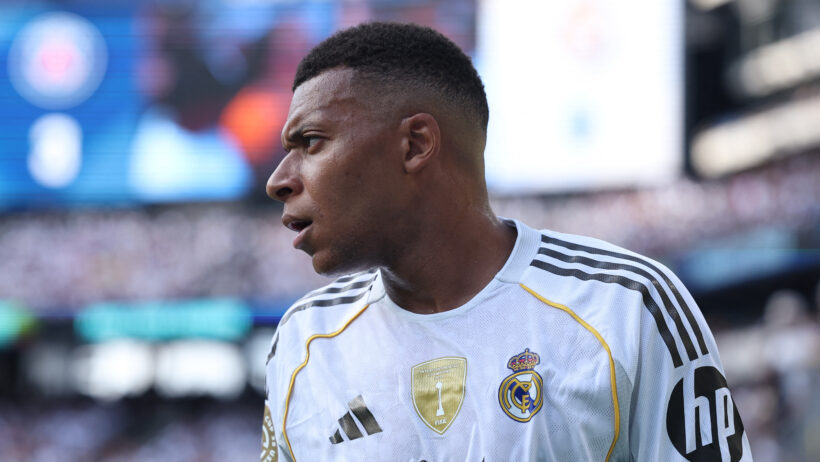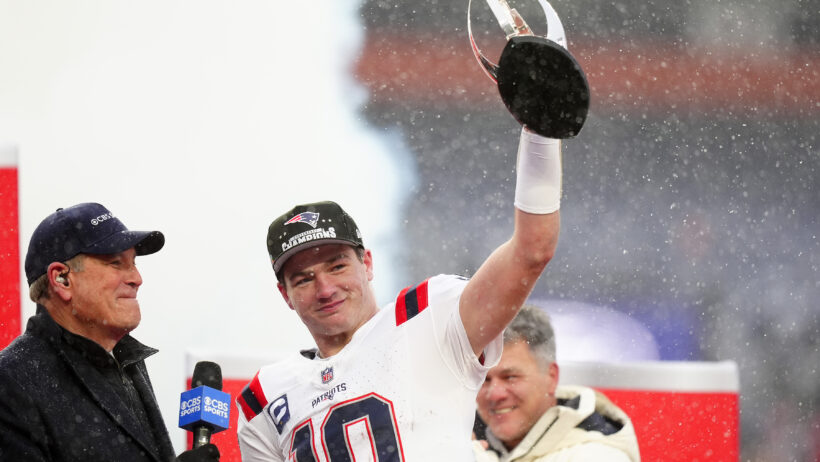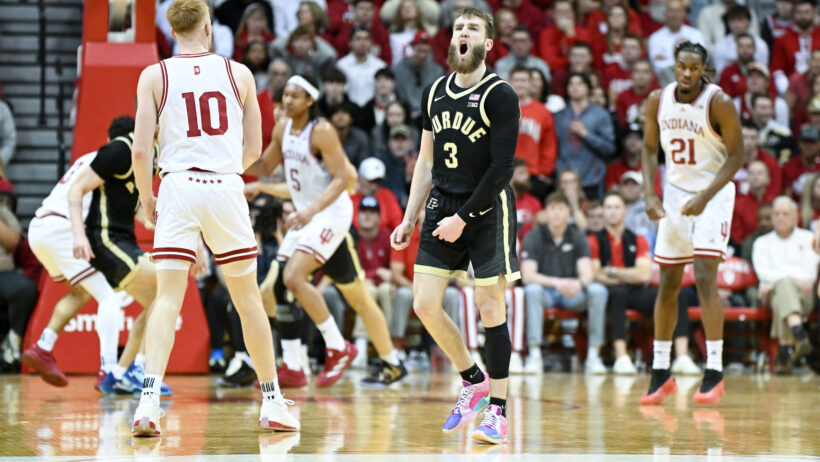Ohio Gaming Director: Collaboration Between Pro Sports, Sportsbooks Has Best Potential To Limit Sports Betting Corruption
By Robert Linnehan in Sports Betting News
Published:

- The Ohio Casino Control Commission Executive Director praised recent collaborations between Ohio, sportsbooks, and MLB to limit sports betting corruption
- While state sports betting regulations are effective, national collaboration between sportsbooks and professional sports leagues may be more effective
- State-by-state prohibitions on certain betting markets may not effectively lead to decreased sports betting manipulation
More collaboration between professional sports leagues and U.S. sports betting companies will have a greater impact on the reduction of sports betting corruption than individual state regulations, according to a top Ohio sports betting regulator.
Ohio Casino Control Commission Executive Director Matthew T. Schuler praised recent collaboration between U.S. sportsbooks and Major League Baseball – with input from Ohio Gov. Mike DeWine (R) – to agree to place limits on micro-prop betting markets proven to be vulnerable to manipulation.
The eight top U.S. sportsbooks, in partnership with Major League Baseball, agreed to cap micro-prop bets at $200 for individual pitches to discourage event manipulation. The decision came just days after Cleveland Guardians pitchers Emmanuel Clase and Luis Ortiz were charged in a sports betting and money laundering conspiracy, as the pitchers allegedly rigged pitches during the MLB season and shared information with corrupt sports bettors
The agreement between the league and sportsbooks, Schuler told Sports Betting Dime, will likely have larger positive impact on the U.S. sports betting landscape than any potential individual state regulation or prohibition moving forward.
“If this work done with MLB can be translated to the NFL, or to the NHL, or to MLS, I think that’s the most interesting and certainly the most impactful solution we would have,” Schuler said.
More National Collaboration, Please
A number of sports betting scandals involving MLB and NBA athletes over the past several months thrust a magnifying glass to the U.S. sports betting market. State gaming commissions are actively evaluating their sports betting markets and taking suggestions from stakeholders to ensure event integrity, hoping to stave off potential corruption and manipulation within their boundaries.
While every state gaming commission should actively monitor their sports betting markets, Schuler said, state-by-state regulations or prohibitions on certain bet types will likely not have the type of impact necessary to impede large scale corruption.
The collaboration between the eight sportsbooks, which represent 98% of the U.S. sports betting market, and MLB Commissioner Rob Manfred to agree to limit betting on the vulnerable market will have a far more positive effect on the problem compared with any new regulation a state gaming commission may approve, Schuler said.
State regulations only affect the states where they are approved. For example, Schuler pointed to an Ohio regulation that prohibits sportsbooks from offering bets on whether MLS referees will award red cards or yellow cards during individual matches. While this is a potential solution for Ohio’s markets, it does not pose a national solution, as there is nothing stopping an individual with inside information from placing a bet in a state where no such prohibition exists.
“You’re not going to get every state with legalized sports betting to all collectively prohibit certain types of bets. Every state is different, every law is different, what regulators are able to do and what they can’t do is different in each state. There are so many of different boundaries that hem in regulators,” he said.
Agreements between sports betting companies and professional sports leagues will have a far greater reduction on corruption reduction than any individual state regulation, he said. MLB Commissioner Manfred, Ohio Gov. DeWine, and the sports betting stakeholders recognized the problem and swiftly implemented a solution that should provide more meaningful influence throughout the sports betting landscape.
Every regulator would like to be a first mover, he said, but they should also strive to be constructive with their decisions.
“We’ll always look at our sports betting catalogue, we’ll always look for improvements, and we’ll always communicate with our peers. But, the imperative that I sense right now is there seems to be some momentum in this national solution. We don’t want to get in the way of the leagues, who care deeply about the integrity of their games, from working with the books, who similarly want the same event integrity, to find national improvements,” Schuler said.
Less May Be More From States
Sports betting is not new, Schuler noted, but online sports betting is still in its infancy. Over the next decade, state gaming commissions will likely see an evolution in best online sports betting practices and will have a better idea of where weakness lies in their regulations.
“We’ll try to address those weaknesses, but I think a regulator just handing down regs misses the opportunity to leave room for a national solution to occur,” he said.
Schuler said gaming commissions should continue to collaborate, continue to share ideas and keep the avenues of communication open, but widespread sweeping regulations from state to state will likely not have the same impact sportsbook and professional sports leagues can have in reducing market manipulation.
“I have a new appreciation for what trying means. It means having a much bigger tent and a much larger discussion with all affected stakeholders, because that’s where you’re going to get long term success.”

Regulatory Writer and Editor
Robert Linnehan covers all regulatory developments in online gambling and sports betting. He specializes in U.S. sports betting news along with casino regulation news as one of the most trusted sources in the country.



